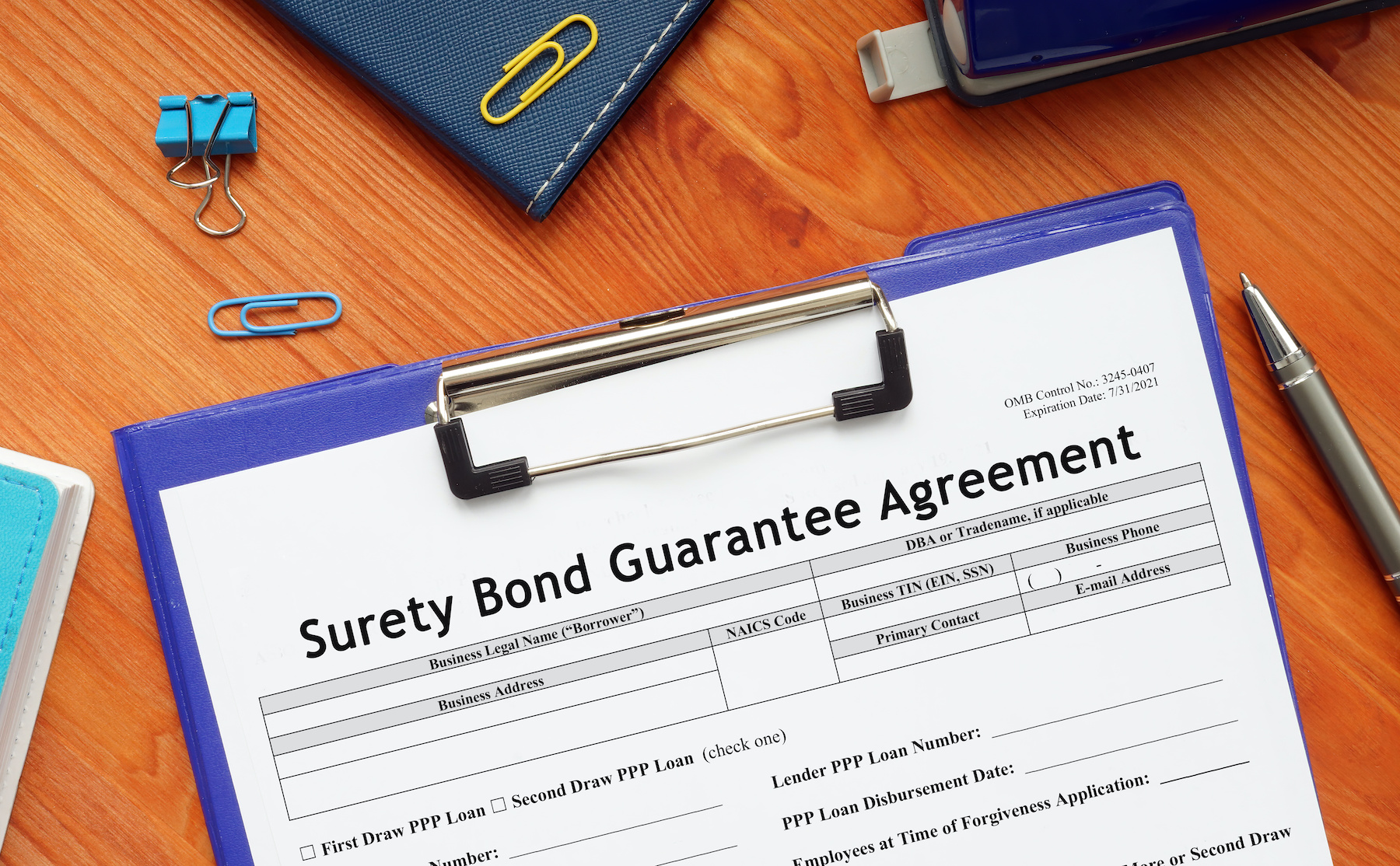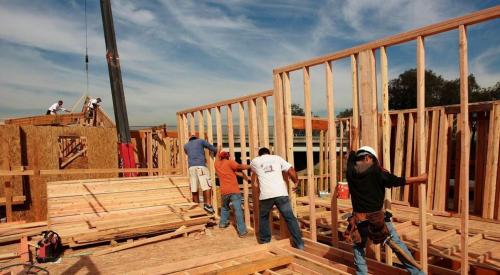The construction industry is one of the most difficult to navigate as a contractor and a client. There are many rules and regulations governing how things work, and they differ dramatically based on the state or locality you are building in. Because of how complex this industry is, there are a lot of risks associated with construction projects. Surety bonds minimize that risk for the client.
There are many ways construction projects can fail, which is why there are multiple types of surety bonds available. It's important to understand how the risk associated with construction projects plays into the legal requirements for contractors. You need to have a good understanding of what it takes to provide the guarantees that some companies and other project owners will need.
What Are Surety Bonds?
Construction bonds are a subclass of surety bonds. A construction bond is a type of contract surety bond that guarantees that the contractor will meet its obligation to the owner. In this scenario, you have the principal (contractor), surety (company providing the bond), and the obligee (the project owner). Let's look at each of these terms:
Principal
The principal is the contractor in this case. They are responsible for purchasing the surety bond to guarantee the work they do. This gives project owners peace of mind when working with contractors because they have the legal safety net they need to proceed.
Obligee
The obligee is the project owner in this scenario. They are usually a government agency.
Surety
The surety is a company providing the bond to the principal. They are responsible for ensuring that the principal can fulfill its obligation. Because of this, these companies sometimes make getting a surety bond a somewhat arduous process with many things to consider. Since the surety is the one that pays out if there's a problem, they do a lot of due diligence to ensure that the company or contractor is financially stable.
Industries Other Than Construction Where Surety Bonds Are Used
Surety bonds don't just come in the contractor variety; you also have commercial surety bonds, which are used by:
• Auto dealers
• Auctioneers
• Mortgage brokers
• Notary publics
• Collection agencies
• Auto dealerships
• Health clubs
• Travel agencies
• Medical equipment providers (when covered by Medicare)
What Is Required for Construction Bonds?
The first thing you need to do is to figure out whether a construction bond is needed for your project. That typically involves reviewing the job requirements and applicable laws. After that, you go to the surety agent and get the bond to submit with your proposal. In terms of the surety bond cost, it can vary. The price is widely based on the project and on your business background. The main thing to note is that surety agencies are usually the best choice for getting surety bonds.
If you get the contract, you will also need to have a performance bond when completing the job. That guarantees the project owner that you will deliver what was agreed on.
After you're finished, you may be required to get a maintenance bond to ensure that you will do any repairs or maintenance the project will need.
As you can see, there are plenty of requirements for bonds in all phases of the construction process for a project. It is crucial to understand how everything works to avoid losing out on contracts because of a surety bond. There are also some government contracts you need to worry about that have to do with working on reservations and overseas.
4 Types of Construction Bonds
As mentioned above, each phase of the construction project requires a different type of bond. You need to understand how it works so that you won't lose out because of issues with your bond.
1) Performance Bond
The performance bond is what you get when you are working on the project. If a contractor isn't doing a good job, this bond protects the project owner against any of that. You also use this bond to ensure that nothing the contractor delivers is subpar or defective. It helps provide the peace of mind that the project will be done to the specifications you agreed on.
2) Bid Bond
A bid bond is the first step in this process, and it is typically necessary to submit a proposal. Before you can start bidding for a project, you approach a surety to get a bid bond. After going through your financials and history, they will provide you with a quote. The bid bond also protects the project owner against contractors backing out at the last minute after winning the job or not having a performance bond to get started.
3) Payment Bond
The payment bond guarantees that the contractor will be able to take care of their workers and subcontractors. It is crucial because many construction projects don't go according to plan. They eventually end up with cost overruns and material shortages. No one can plan the future perfectly, which is why this bond exists—to protect other parties against anything terrible happening.
4) Maintenance Bond
Just because a construction project has finished, doesn't mean the contractor is done. There will still be ongoing maintenance and repairs. The maintenance bond protects the project owner during this phase of the building process. It ensures that repairs and maintenance will be dealt with accordingly. As a project owner, you will be well protected against contractors failing to meet their obligations during the maintenance phase.
Construction bonds provide that extra layer of safety and security for project owners. In a field like construction, having that security is critical.











